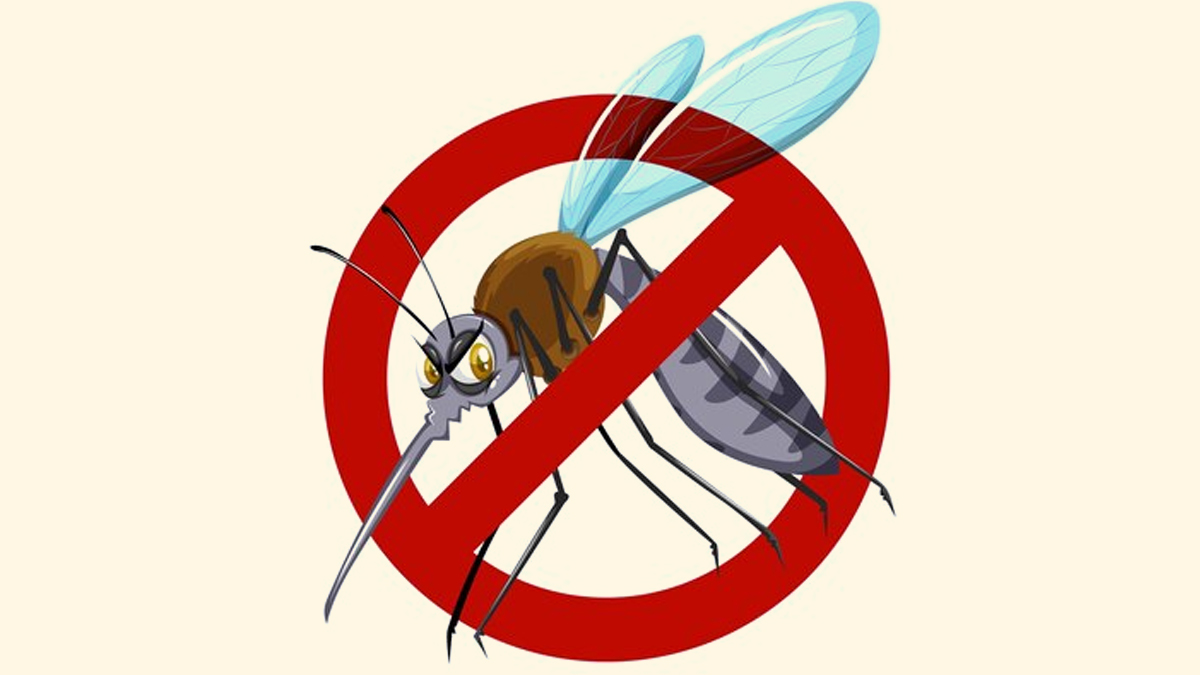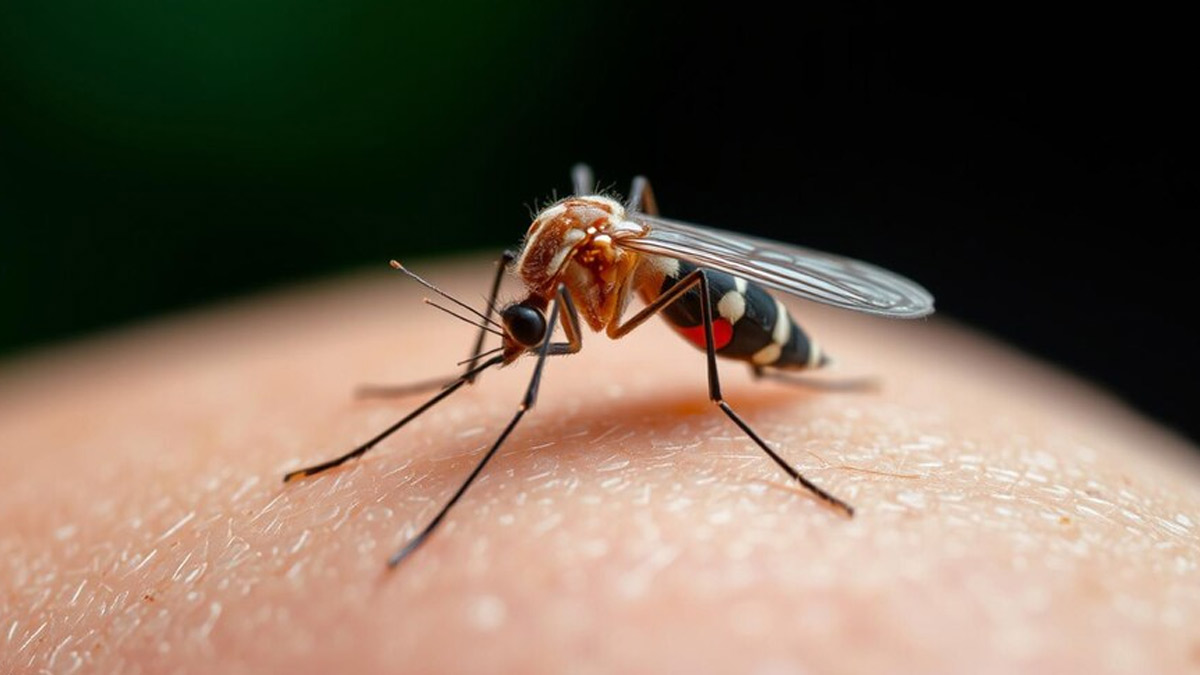Chikungunya is a mosquito-borne viral disease that causes fever and severe joint pain, among other symptoms. The virus is transmitted primarily through the bite of infected Aedes mosquitoes, which are also responsible for spreading dengue and Zika viruses. As monsoon season often brings an increase in mosquito populations, understanding how to prevent the spread of chikungunya is crucial for public health.
While chikungunya is not directly spread from person to person, controlling the mosquito population and protecting yourself from mosquito bites are vital steps in curbing its transmission.
To understand more about Chikungunya and how to stop it from spreading, OnlyMyHealth team interacted with Dr Roohi Pirzada, MBBS, General Physician, Mumbai.
Understanding the Transmission
Dr Roohi Pirzada, a well-known expert in communicable diseases, emphasizes that while chikungunya is communicable, it is not contagious. “Chikungunya is not spread directly from person to person,” she explains. “It spreads by the bite of an infected mosquito. A mosquito becomes infected when it bites a person who is suffering from chikungunya. The virus multiplies inside the body of the mosquito and then is transmitted to another person by the mosquito bite.”
She further clarifies that the highest risk of spreading chikungunya occurs in the first week of illness, during which an infected person can inadvertently contribute to the spread by being bitten by mosquitoes, which then pass the virus on to others.
Also read: Black Nose Disease: Emerging Symptom Linked to Chikungunya Raises Alarm
Preventing Mosquito Breeding
One of the most effective ways to stop chikungunya from spreading is to prevent mosquitoes from breeding. Stagnant water is the perfect breeding ground for mosquitoes, especially the Aedes species. “We can prevent the spread by preventing mosquitoes from breeding in nearby places. Avoid stagnant waters from air conditioning or plant pots to collect, as they are a huge breeding ground for mosquitoes,” advises Dr Pirzada.
Some common areas where water can accumulate and become mosquito breeding grounds include:
- Flowerpots
- Buckets
- Water coolers
- Air conditioning trays
- Any uncovered containers outside
Regularly check and clean these areas, ensuring there is no standing water.
Personal Protection Measures

Another essential aspect of stopping chikungunya from spreading is personal protection from mosquito bites, especially in areas where the virus is prevalent. Dr Pirzada recommends several key strategies to reduce the risk of mosquito bites:
- Wear long-sleeved clothing: Cover your arms and legs when outdoors, particularly during early morning and late afternoon when mosquitoes are most active.
- Use air conditioning or screened windows: Ensure that mosquitoes are kept out of your living spaces by using air conditioning or ensuring your windows and doors are equipped with screens.
- Apply mosquito repellents: Use mosquito repellents containing DEET or other effective chemicals. For extra protection, “treat clothing and gears with 0.5% permethrin in endemic or highly infected areas,” advises Dr Pirzada.
- Use mosquito nets overnight: Protect yourself while sleeping by using mosquito nets, especially if you do not have access to air conditioning.
Maintaining Cleanliness
Cleanliness plays a crucial role in preventing chikungunya. Keeping your surroundings free of trash and stagnant water can reduce mosquito habitats. “Maintain cleanliness in and around the house,” stresses Dr Pirzada. Regularly dispose of waste properly, clear out overgrown vegetation, and ensure that gutters are not clogged with debris, which could trap water.

Additional Precautions
Dr Pirzada suggests a few more precautions, particularly for high-risk or endemic areas:
Use mosquito vaporizers in the morning: As mosquitoes tend to be active in the early morning, using mosquito repellents and vaporizers during this time can help keep them at bay.
Install screens on doors and windows: “Use emerges and screens on doors and windows,” says Dr Pirzada, emphasizing the importance of physical barriers to keep mosquitoes out.
Conclusion
While chikungunya can cause severe discomfort, preventing its spread is largely within our control through diligent mosquito management and personal protection. The key is to reduce mosquito breeding sites and shield yourself from bites. By following expert advice like that of Dr Roohi Pirzada and taking active steps to protect your community, you can significantly lower the risk of chikungunya transmission.
Staying informed and prepared is essential in preventing the spread of this debilitating disease, particularly during seasons when mosquito activity is high.
